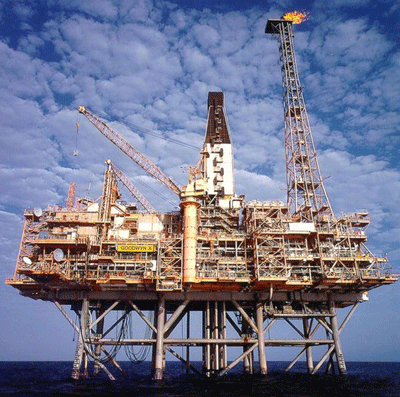It is no gainsaying that technology has changed practically every facet of the human life from lifestyle to living, and most importantly the way humans do their works.
Whilst technology may have brought about challenges in terms of adapting and keeping up with industry trends, it certainly has improved work processes tremendously, especially in terms of service delivery and turnaround time.
This is the case with Nigeria’s oil and gas industry regulator, Department of Petroleum Resources, DPR, which recently migrated to electronic solution for almost all its industry activities to effectively carry out its functions.
The Department began the electronic system with the issuance of permits and licences and renewals to streamline its operations and service delivery.
As a result, Nigerian registered companies seeking to render services in the oil and gas industry are required to submit online applications for new permits and renewal with the required documents.
Migrating to e-portal
The DPR launched the electronic services with the introduction of the Oil and Gas Industry Service Permits, OGISP, as a statutory requirement for registered companies wishing to render services in the industry.
Applications in this regard are processed under three categories, namely: general, major and specialised, which attract statutory fees of N500, N2,500 and N7,500, respectively.
The DPR told Vanguard that migrating to the e-portal has enhanced its effectiveness in policing the industry in terms of capturing proper data on its permits and licences more than it did in the past when it was done manually.
According to the regulator, “the migration to the e-portal has fast-tracked the turnaround time for concluding our processes in the areas of issuing industry permits and licences.
“E-portal has also improved our effectiveness and efficiency, as we continue to carry out due diligence on individual companies, especially those applying in the major and specialised categories.”
The Department also said the electronic system is cost effective and has enhanced its internally generated revenues, IGR, in terms of processing fees. This is because “the introduction of the Online Application System, payments for DPR permits could be made through banks or any of the known credit/debit cards.”
DPR’s spokeswoman, Ms. Dorothy Bassey, had explained that “the electronic application system for statutory permits is the beginning of digitalisation of our entire licensing and permitting system.”
She added that the system is geared toward “removing bottlenecks and ensure delivery of improved quality service, as duly completed applications forms are processed within 72 hours.”
She said the online application system would require applicants to log onto the DPR website to create their company accounts from which they could apply for different categories of permits upon completion of the applicable forms.
Besides, the regulator said the OGISP has improved its manpower skills, as necessary security precautions have been taken to safeguard documents that would be submitted online, and warned that uploading fake documents would render an application invalid.
In the past
Before the introduction of the OGISP, permits and licences from DPR were done manually with attendant consequences and defects.
These include delays in documents processing, loss of documents and ultimately loss of man hours in trying to resolve these issues.
Furthermore, the turnaround time for processing these documents manually was unbearably long, so much that it affected stakeholders negatively, thereby increasing the cost of doing businesses.
Against this backdrop, DPR resolved to streamline its operations in line with international best practices, which thrived on technological innovations to be able to regulate the petroleum industry better.
Furthermore, under the proposed Petroleum Industry Bill, PIB, the Department stands out as the arrowhead, in terms of regulating and monitoring oil and gas activities in Nigeria, in order to ensure standards, compliance and best international industry practices.
This is with a view to conserving the nation’s hydrocarbon resources, and maximising returns on investments for government, especially as the industry accounted for more than 90 percent of the nation’s foreign exchange earnings.
From Vanguard Online


